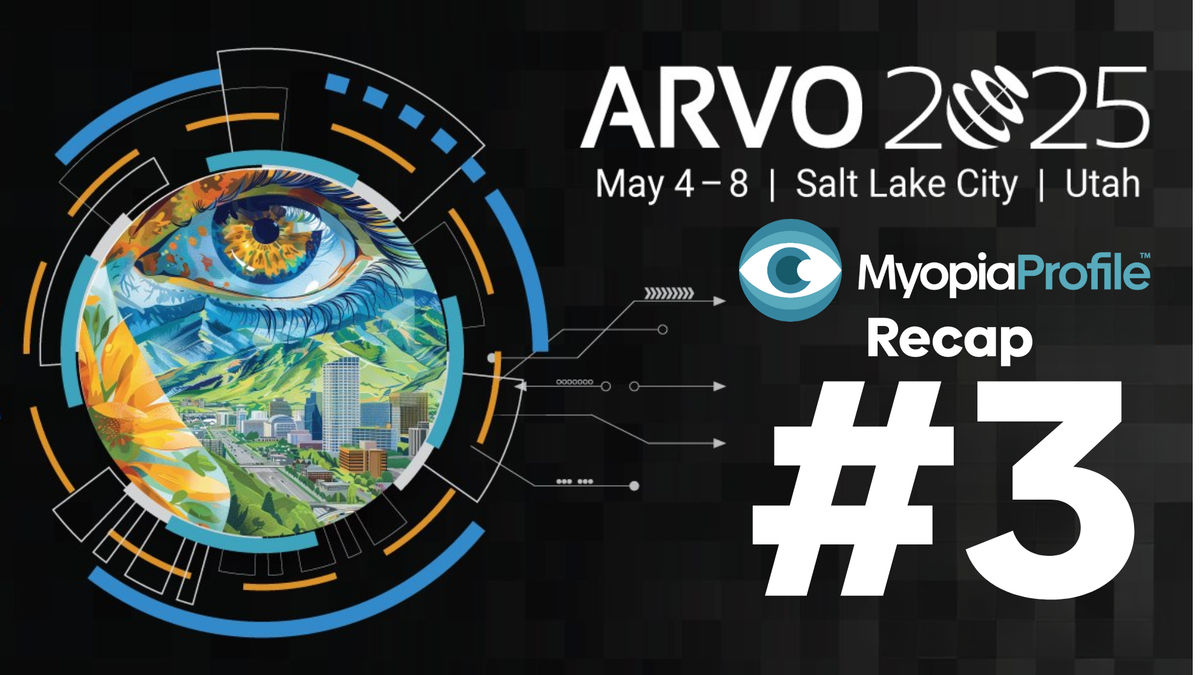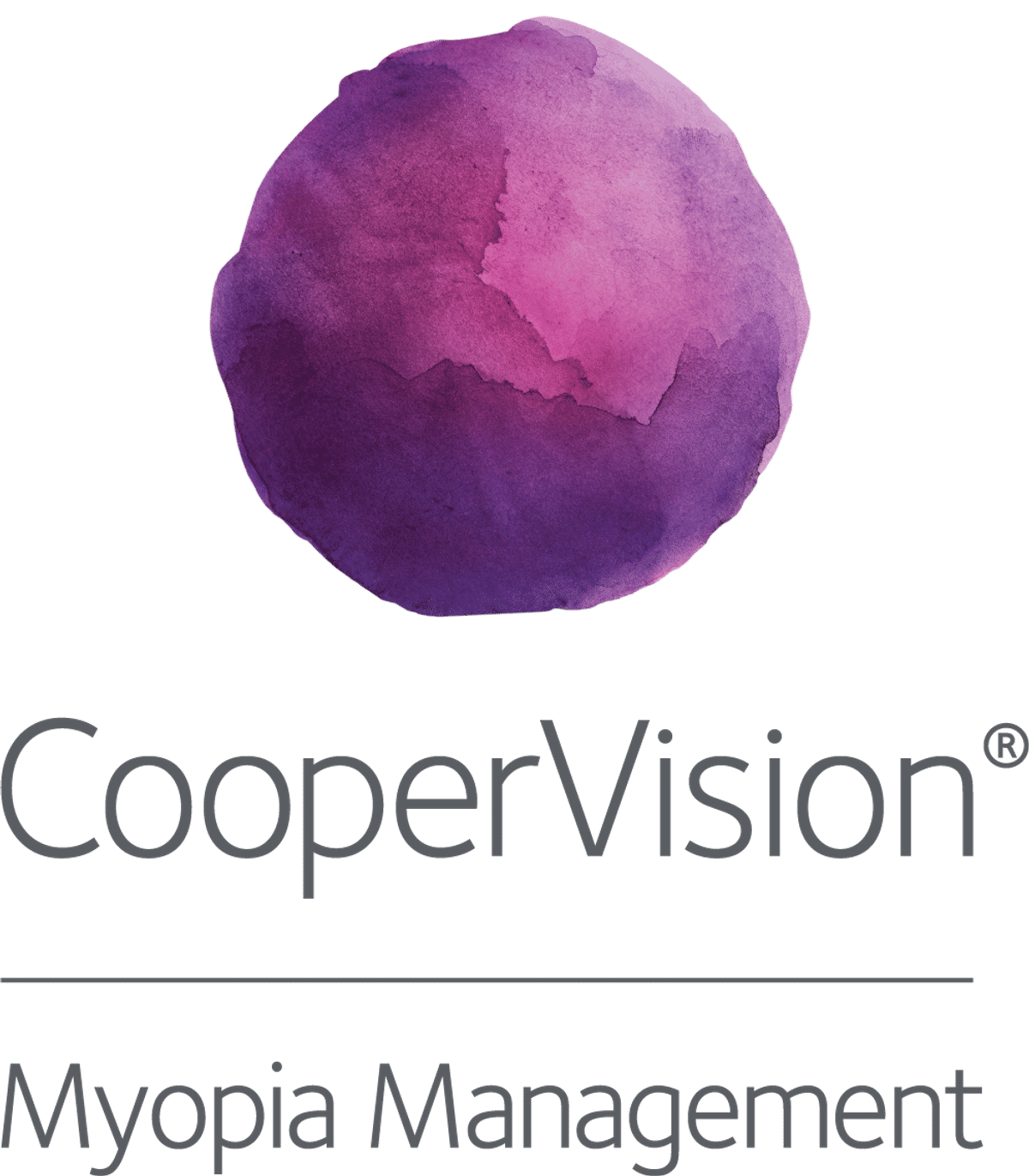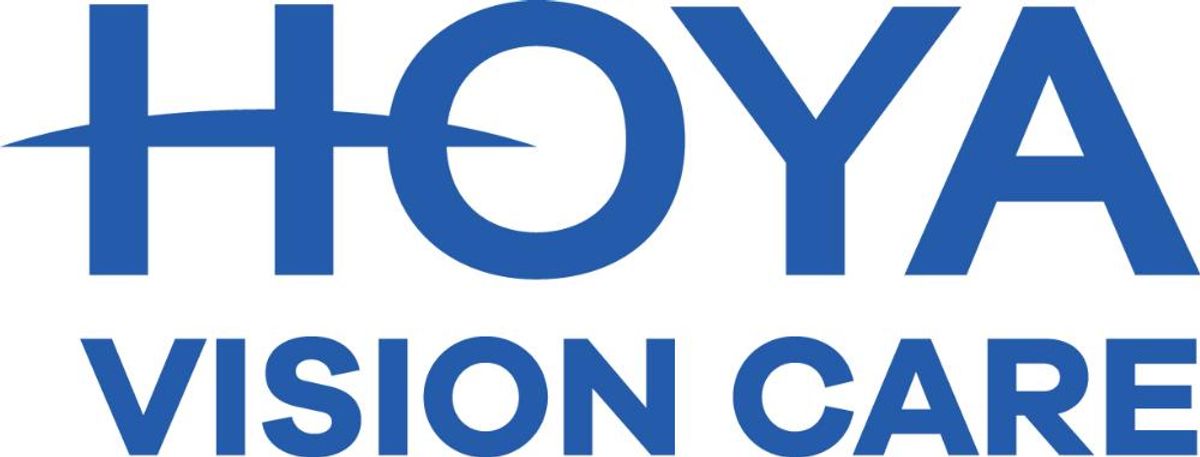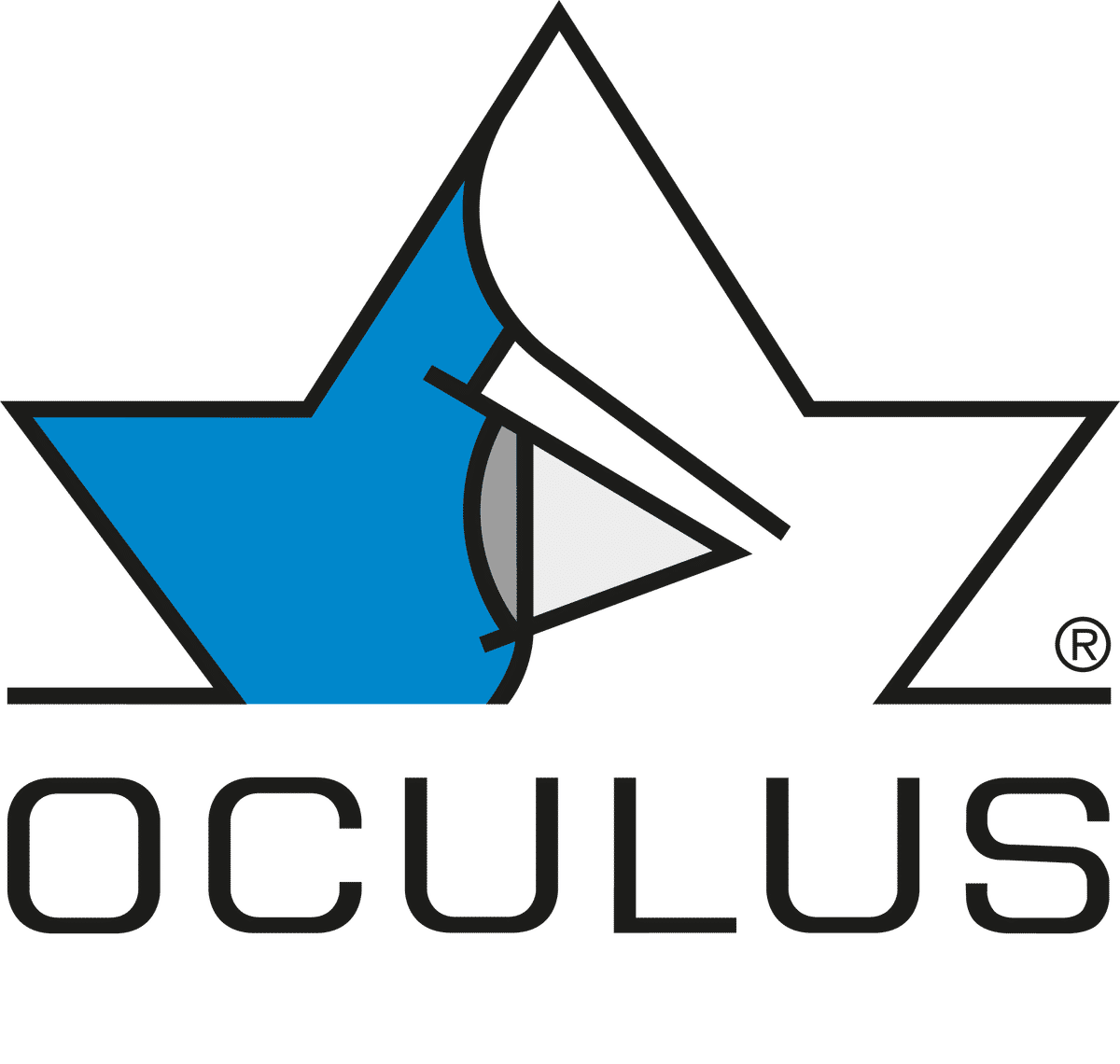Science
ARVO2025 Recap #3 - Newest data on atropine and light therapies

In this article:
The Myopia Profile team was on-site at the Association for Research in Vision and Ophthalmology (ARVO) annual meeting in Salt Lake City, and joined thousands of scientists in exploring the latest research in eye health and myopia. This third recap focuses on the latest evidence in pharmacological and light-based myopia control. Highlights include long-term findings from the LAMP1 study, real-world outcomes from red light therapy, and the novel MyopiaX trial. You’ll also find intriguing data on how transition lenses and psychotropic medications may influence atropine effectiveness.
- Seven-Year Clinical Trial of Low-concentration Atropine for Myopia Progression (LAMP1) Study: Phase 5 Report
- Can commonly prescribed psychotropic drugs counteract the effectiveness of atropine?
- The impact of transition lens use on the myopia controlling efficacy of low dose atropine treatment
- Long-Term Efficacy and Safety of Repeated Low-Level Red Light Therapy for Myopia Control: A Real-World Study
- MyopiaX-1 12-Month Results: Safety and Effect Outcomes on the Reduction of Myopia Progression in a Multicenter, Randomized, Controlled Trial
Seven-Year Clinical Trial of Low-concentration Atropine for Myopia Progression (LAMP1) Study: Phase 5 Report
Authors: Jason Yam¹, Yuzhou Zhang¹, Xiu Juan Zhang¹, Ka Wai Kam¹, Clement C. Tham¹, Calvin C P Pang¹, Li Jia Chen¹
The Chinese University of Hong Kong, Hong Kong, Hong Kong
Summary
During years 4 and 5 of this 7-year double-masked RCT, two cessation strategies for low-dose atropine for myopia control were compared to determine which resulted in lesser rebound. Children using 0.05% atropine were randomised to either continue for 12 months (Stop), or use 0.05% for 6 months then taper to 0.025% for another 6 months (Taper), followed by 1 year of observation. Both groups progressed similarly in year 6, but in year 7, the Taper group had less progression (–0.26D and 0.14mm) than the Stop group (–0.36D and 0.17mm). Tapering treatment, instead of stopping treatment, may minimize rebound effects and should be considered as an approach for treatment cessation.
Can commonly prescribed psychotropic drugs counteract the effectiveness of atropine?
Cindy Karouta from the University of Canberra, Australia.
Authors:
Cindy Karouta¹, Kate Thomson¹, Lauren Booth¹, Ian George Morgan², Regan Scott Ashby¹²
- University of Canberra, Canberra, Australian Capital Territory, Australia
- Australian National University, Canberra, Australian Capital Territory, Australia
Summary
Due to the increase of treatment for mental health disorders globally, this study explored whether commonly prescribed psychotropic medications could influence ocular growth or the anti-myopic effects of atropine. Using a chick model of form-deprivation myopia, 5 psychotropic agents (Ritalin, Fluoxetine, Sertraline, Atomoxetine, Diazepam) were administered with or without daily 1% atropine drops over 7 days. Ritalin alone inhibited the development of experimental myopia, but did not affect atropine efficacy when administered together. None of the other agents showed any effects on myopia development or interaction with atropine.
The impact of transition lens use on the myopia controlling efficacy of low dose atropine treatment
Maria Liu from the University of California Berkeley, USA.
Authors: Yue Liu¹, Karen Molina¹
School of Optometry, University of California Berkeley, Berkeley, California, United States
Summary
This retrospective study assessed whether photochromic (transition) lenses affect myopia control efficacy in children receiving low-dose atropine (LDA) for myopia control. Among 228 pediatric patients (baseline age 8.43 years) receiving varying concentrations of LDA (0.01%–0.1%) for a mean duration of 2.89 years, the average annualized myopia progression and axial length change were –0.54D and 0.24mm, respectively. Multivariable regression analysis showed that baseline age was the only significant predictor of myopia progression and axial elongation, and use of transition lenses did not significantly affect either outcome.
Long-Term Efficacy and Safety of Repeated Low-Level Red Light Therapy for Myopia Control: A Real-World Study
Authors: Lili Wang¹, Yanpin Chen¹, Feng Jiang¹, Yang Xiao¹, Junwen Zeng¹
Sun Yat-Sen University Zhongshan Ophthalmic Center, State Key Laboratory of Ophthalmology, Guangzhou, Guangdong, China
Summary
A prospective, real-world study was conducted to evaluate the long-term efficacy and safety of repeated low-level red light (RLRL) therapy in controlling myopia progression in children. 896 children aged 6–18 years old received RLRL therapy, which was administered at home twice daily for 3 minutes over 2 years. Complete myopia control (defined as axial elongation <0.10mm/year or SER change <0.25D/year) was achieved in 65% and 68% of participants, respectively, with better outcomes linked to older age, longer baseline AL, and higher baseline myopia. BCVA remained stable in 95% of cases, with no serious adverse events reported.
MyopiaX-1 12-Month Results: Safety and Effect Outcomes on the Reduction of Myopia Progression in a Multicenter, Randomized, Controlled Trial
Authors: Katrin Lorenz¹, Gareth Lingham², Ian Flitcroft³, Nikita A Wong⁴, Ida Zündorf⁴, Gabriela Burian⁵
- Department of Ophthalmology, University Medical Center, Johannes Gutenberg University Mainz, Mainz, Rhineland-Palatinate, Germany
- Ocumetra, Dublin, Ireland
- Centre for Eye Research Ireland, Technological University Dublin, Dublin, Ireland
- Dopavision GmbH, Berlin, Germany
- GB Biomed Advisors GmbH, Basel, Switzerland
Summary
MyopiaX is an emerging light-based myopia therapy app which selectively administers blue light to the optic nerve head to stimulate dopamine release. MyopiaX-1 is a multicenter, randomized controlled trial which evaluated the safety and efficacy of MyopiaX in European children aged 6-12 years (n=81) over 12 months. Children were randomly assigned to use either MyopiaX for 6 months followed by combination with DIMS for another 6 months or DIMS alone for 12 months (active control). The MyopiaX treated group showed 0.14mm axial elongation compared to 0.08mm for active (DIMS wearing) controls in the first 6 months, but similar growth in the second 6-month period. Refraction change over 12 months was similar between groups. No adverse events were reported, but adherence was low and declined over time.
Meet the Authors:
About Brian Peng
Brian is a clinical optometrist based in Sydney, Australia. He graduated from the University of New South Wales and was awarded the Research Project Prize for his work on myopia. He has a keen interest in myopia-related research, industry, and education.
Read Brian's work on our My Kids Vision website, our public awareness platform. Brian also works on development of various new resources across MyopiaProfile.com.
Enormous thanks to our visionary sponsors
Myopia Profile’s growth into a world leading platform has been made possible through the support of our visionary sponsors, who share our mission to improve children’s vision care worldwide. Click on their logos to learn about how these companies are innovating and developing resources with us to support you in managing your patients with myopia.












